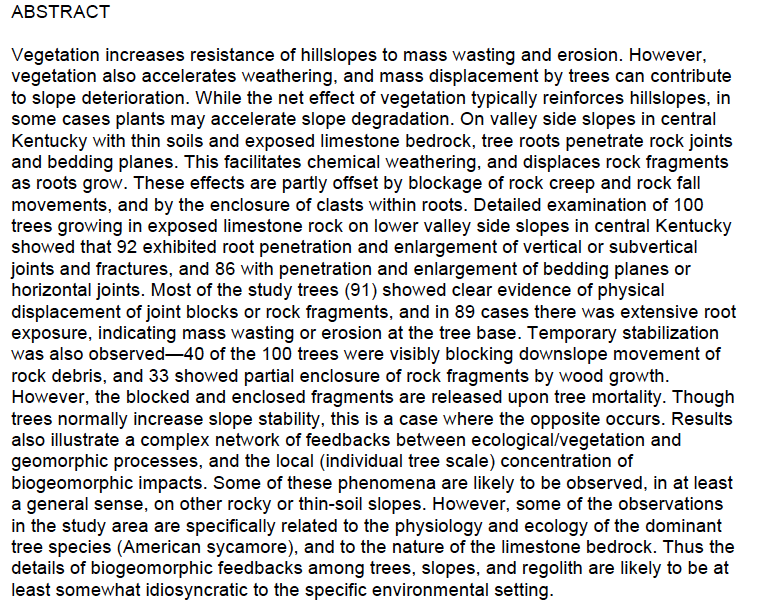In fall 1914, as the Kaiser’s armies invaded towns in the western territories of the Imperial Russian Empire known as Russian Poland (now eastern Poland and southern Lithuania), the Russian government, for the first time, forcibly exiled thousands its own citizens in the region into interior Russia, declaring them a suspect group. The exiles consisted mainly of virtually the entire minority population of Russian Germans in Russian Poland. The ancestors of most had been Russian subjects for at least a century, and many of the exiles had served in the Imperial Russian Army themselves, some as career officers. The Council of Ministers in St. Petersburg, however, feared that this population held loyalties to the German lands and would collaborate with the German armies.
The Russian provincial military police were assigned the task of rounding up all “Germans”, confiscating their property, and putting them on overcrowded trains to Kazan and other interior Russian towns that were not equipped to handle the enormous influx of migrants from Russian Poland. This task caused the police much concern, because many individuals who spoke Polish with their families at home and considered themselves Polish had German surnames. Moreover, some individuals with Polish, Lithuanian, or Russian surnames had been baptized in German-language Lutheran churches. A rich trove of formerly secret police files on the resettlement of the Russian Germans, kept earlier at the Museum of the Ministry of Internal Affairs (MVD) in Moscow and now located in the National Historical Museum of Lithuania and the Pułtusk Historical Archive in Poland, contains a great deal of internal police correspondence on what criteria should be followed for identifying an individual as “German” for purposes of the resettlement of Russian Germans. Based on the police correspondence, witness statements in treason investigations, and a first-hand report in the archives by a Russian police officer trapped in the Kałwaria during the German occupation, this presentation covers the criterion for “Germanness” that was eventually issued by the Russian Council of Ministers, the self-identity of those who were officially identified as “German”, and the perceptions of their Polish, Lithuanian, Belarusian, Jewish, and Russian neighbors regarding their political loyalties.
Cynthia Vakareliyska holds a Ph.D. in Slavic Languages and Literatures from Harvard University, and is a Professor of Linguistics at the University of Oregon, where she teaches Slavic and general linguistics. Her research specialization are historical Slavic linguistics and medieval Slavic manuscript studies. Her 2008 book The Curzon Gospel received the 2009 AATSEEL book prize for Slavic linguistics, the 2009 Bulgarian Studies Association book prize, and the 2010 Early Slavic Studies Distinguished Scholarship award. Her most recent book, Lithuanian Root List, is in press with Slavica Publishers. She is currently writing a book on the Russian Germans in Russian Poland, based on her study of archive documents in Lithuanian and Polish archives over the past 15 years.


